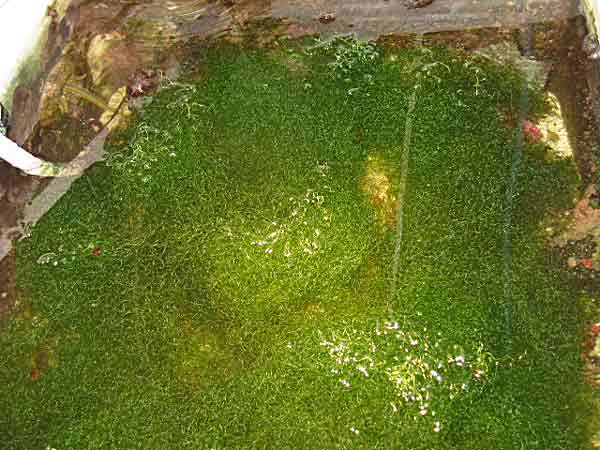Hi all!
Today I did my firsts trace color elements test using Red Sea test kit.
The results were the following,
Iodine 0.06ppm
Iron 0.05 ???
Potassium 413ppm
First question,
Is my tank within acceptable parameters?
Second question,
What unit does the iron test measures?
Today I did my firsts trace color elements test using Red Sea test kit.
The results were the following,
Iodine 0.06ppm
Iron 0.05 ???
Potassium 413ppm
First question,
Is my tank within acceptable parameters?
Second question,
What unit does the iron test measures?















